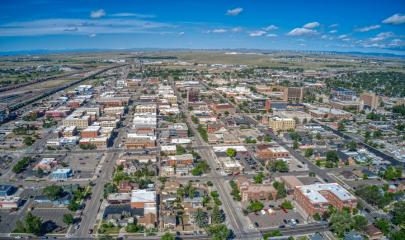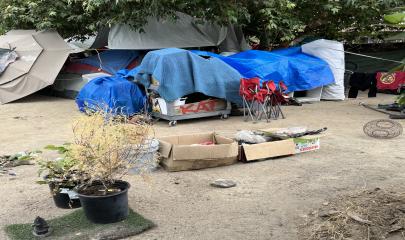1968
Abt assesses institutional constraints to housing innovations in 25 major U.S. cities for HUD in just six weeks, as HUD required.
1972
Abt’s randomized control trial study for HUD of demand-based subsidies on disadvantaged families in two cities lays the foundation for the Section 8 voucher program, the nation’s largest low-income housing program.
2000
Abt’s interim evaluation of a HUD initiative to enable families in Section 8 housing to move out of high poverty urban areas finds that mobile housing subsidies give families advantages over housing development subsidies.
2007
Abt produces for HUD the first of many Annual Homelessness Assessment Reports, which indicate the number of people without homes who are staying on the street or in shelters.
2016
Abt conducts HUD's Family Options Study, a rigorous experimental study to determine the effectiveness and relative costs of different interventions to assist families experiencing homelessness and finds that long term housing subsidies were most beneficial.
2021
Abt conducts one of the first studies of encampments for HUD and the Department of Health and Human Services to bolster knowledge about the health, safety, and well-being of the people living in them and the effects on the surrounding community.
2022
Abt evaluates Project Roomkey, a California program during the COVID-19 pandemic that enabled families experiencing homelessness to move from shelters and the streets into motels and hotels, where, the evaluation found, people had autonomy, privacy, and safety.




